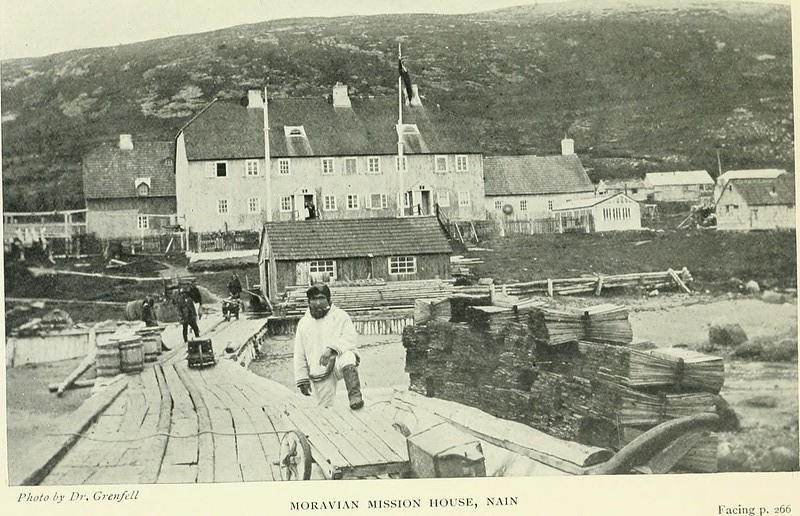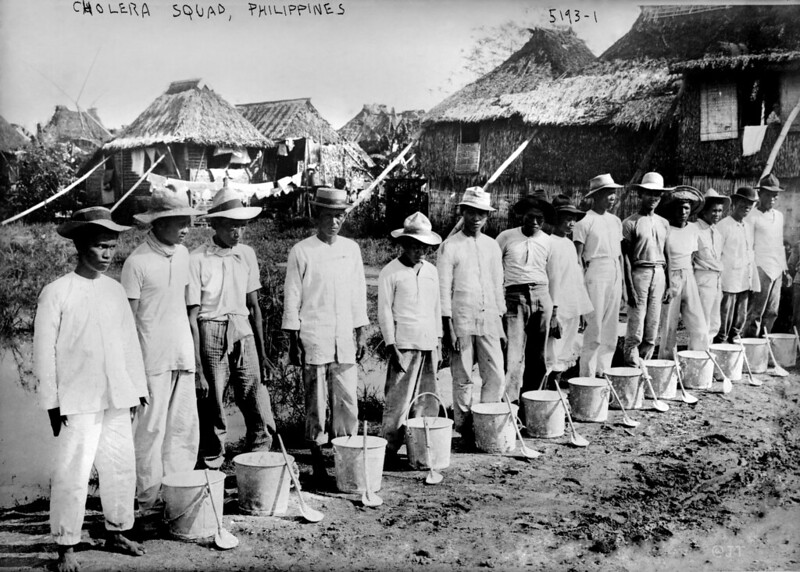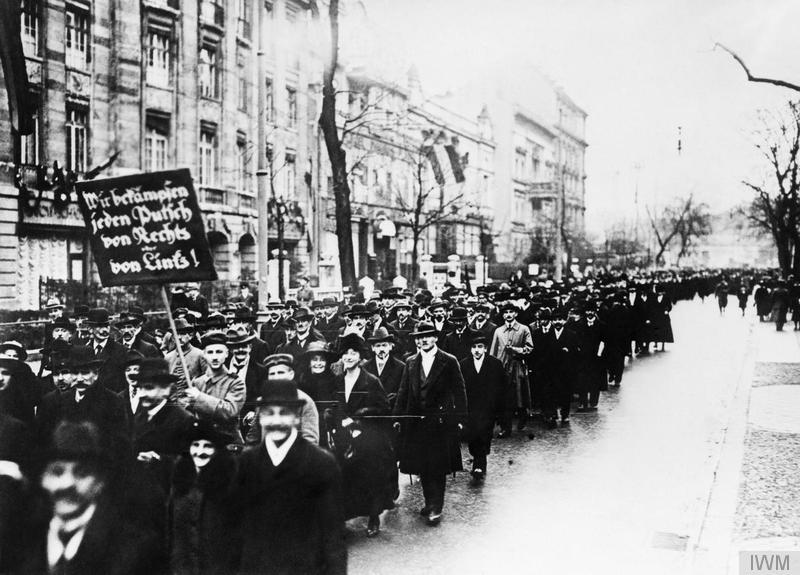19 October 2023 Seminar: The Grenfell Mission and the 1918 influenza pandemic in Labrador

For the sixth Pandemics & Society Seminar of our Fall 2023 series, we are pleased to welcome our colleague Uddhav Khakurel (PANSOC). The seminar will be held on Thursday, 19 October at the normal time (1600 CEST). More information about our speaker and the presentation is below. You can sign up for email notifications about the seminar series, including the Zoom details, here.
Abstract
Labrador, part of the British Empire at the time but under the control of the Dominion Government of Newfoundland, was one of the most severely affected regions in the world during the 1918 influenza pandemic, with mortality ranging from 1 to 78 percent within communities. During the time of the pandemic, healthcare needs in the southern two-thirds of Labrador were provided by the Grenfell Mission, led by Dr. Wilfred Grenfell. This study explores the role played by the Grenfell Mission during the 1918 influenza pandemic. In addition, this analysis seeks to deepen our understanding of the factors that influenced the Mission’s response during the pandemic. This study was conducted using archival and secondary sources. Historical archives were collected from the digital archives of the Memorial University of Newfoundland and Yale University between the period of 1918 to 1959. Our findings suggest that despite the long presence of the Grenfell Mission from 1893 in Labrador, it faced a formidable challenge in providing health care during the influenza pandemic. The Mission had only one doctor and two nurses for 800 square miles. Their work in Labrador was further constrained by geographical isolation, weather conditions, shortage of healthcare workers, and its relationship with the Newfoundland Government. These factors help to explain the high level of heterogeneity in mortality within communities in Labrador.
About the Speaker
Uddhav Khakurel is a master’s student at Oslo Metropolitan University and is currently working as a research assistant at the Center for Research on Pandemics & Society. He has a background in public/global health. For his master’s thesis, he is looking at the role of non-pharmaceutical interventions in the 1918 influenza pandemic in Alaska. He is particularly interested in understanding the roles played by different actors in response to the disease outbreak.




